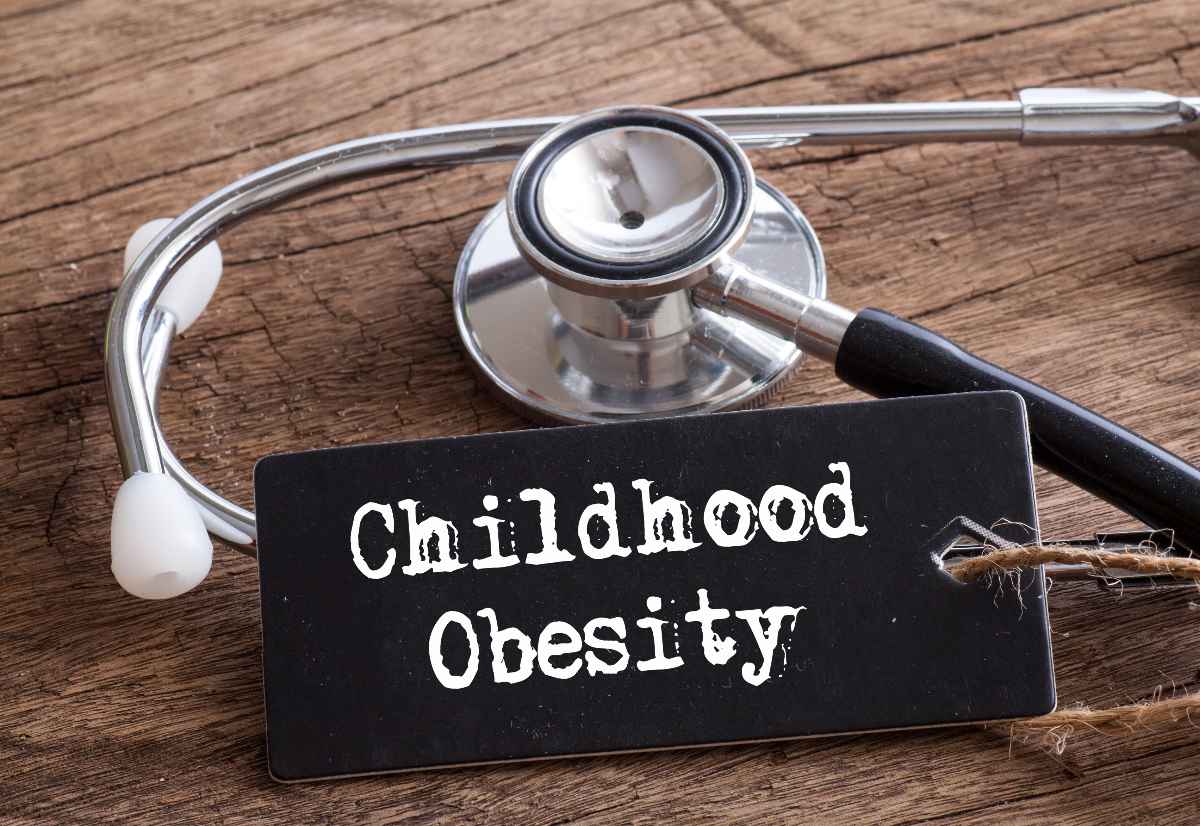Dr. Aparna Govil Bhasker
Bariatric and Laparoscopic GI Surgeon, Mumbai, Navi Mumbai, Thane and Surat
It is widely believed that the cohort of children born in the year 2000 in the USA, may live sicker or may not outlive their parents. With 19.3% of Indian children being either overweight or obese, we too are staring into an epidemic of childhood obesity.
In the Indian context a “chubby” child not only signifies good health but also good parenting. While it is true that genetics load the gun, it is the environment that pulls the trigger. In the vast majority of obese children, the cause for weight gain is polygenic and environmental. Monogenic obesity such as that caused by leptin deficiency is extremely rare and is seen in less than 1% of obese children.
Obese children tend to suffer from various health consequences like type 2 diabetes, obstructive sleep apnea, hypertension, dyslipidemia, fatty liver and so on. Till 30 years ago it was rare to see type 2 diabetes in children, but today children as young as 8 years are turning diabetic. Unfortunately, the changes these chronic diseases bring are irreversible and even if these children go ahead and lose weight as adults it leads to permanent damage to their blood vessels and other organs like kidneys, liver and heart. Apart from the physical changes, they also have serious self-esteem issues and tend to get isolated from their peers.
Treatment options for childhood obesity largely include diet and lifestyle modification and pharmacotherapy in some instances. Success of bariatric surgery for treatment of adult obesity has led to a gradual surge in bariatric surgery cases being performed on obese children over the last few years. Bariatric surgery includes a variety of surgical procedures like gastric banding, sleeve gastrectomy, Roux-en y gastric bypass and duodenal switch. These are performed laparoscopic or by open method.
A couple of years back the International Journal of Surgery published a case report about a two years old toddler becoming one of the youngest patients to undergo weight loss surgery at a hospital in Riyadh, Saudi Arabia. This toddler underwent a laparoscopic sleeve gastrectomy surgery, wherein two thirds of the stomach was surgically removed. The report was published 2 years after the surgery was conducted and the child had lost about 10 kg in 24 months (an average of 0.4 kg per month).
This report was widely publicized in tabloids across the world and had generated a lot of media frenzy. Although most cases of bariatric surgery on children and toddlers are presumably performed as life-saving procedures; the overzealous media hype around them is worrisome. This overenthusiastic excitement borders on unreasonably coercing bariatric surgery as being a standard of care for obese toddlers and children, even in the absence of any hard evidence. These cases raise a lot of pertinent questions, not only about the future medical and psychosocial outcomes in these children, but also about medical ethics and moral accountability.
Most bariatric procedures lead to a significant reduction in the levels of “Ghrelin” hormone. It has been proven that ‘Ghrelin’ plays a significant role in secretion of the growth hormone and is an important link connecting growth and body composition with metabolism. This reduction in Ghrelin levels can have unknown repercussions on the growth.
Bariatric surgery is also known to cause bone loss and osteoporosis in children. Nutritional deficiencies are known to occur after surgery, and to expect lifelong commitment in terms of nutritional supplementation from a toddler may be too much to ask for. The implications on future reproductive health and pregnancy outcomes are also unknown.
Direct extrapolation of adult results to pediatric population has not worked in the past and may not work in these case too. Moreover, an average weight loss of half a kg per month, can possibly be also achieved by implementation of a strict medically supervised lifestyle modification. These children are too immature to understand the gravity of the surgery being performed on them. For many years to come, they will not be able to apprehend the demands and exigencies of a bariatric procedure. It may be overzealous to perform this on children, who may be at risk of experiencing unanticipated negative consequences several years into the future. It is also not justifiable to surgically modify healthy organs of an innocent toddler in absence of any clear evidence regarding safety and future outcomes.
Another question that arises here is, ‘Who exactly are we treating?’
We would expect that parents would act in the best interest of their children, and usually, they are the ones who would take the decision and give consent for surgery. Poor parental food choices are a significant contributing factor leading to a rise in childhood obesity. More often than not, in such cases, we are probably actually treating the parental guilt rather than the health of the children in question. Surgery may be just a convenient solution to what may be perceived as parental failure.
As parents and doctors, we have a huge responsibility when it comes to the future of our children. Extreme caution is warranted while treating such cases. Prevention is certainly better than cure. Childhood obesity must be taken very seriously. We need to cultivate healthy eating habits in children and there must be regular health campaigns focused at prevention of obesity. Some of these severely obese children may be suffering from a genetic cause for obesity and must be evaluated and treated accordingly.
Cutting into a child’s healthy organ as a quick-fix must be avoided at all cost; and doctors and hospitals must refrain from generating unwarranted media hype around these cases, just to satisfy vested interests. It is high time that the right perspective is brought to the forefront. Bariatric surgery must not be confused as being a standard of care for treatment of severely obese children. Even in cases where there is no other choice, a multidisciplinary team must look into all aspects before reaching to a decision and surgery must be performed with extreme caution. Bariatric surgery in children must be reserved only as a last resort when all other options have been exhausted and the choice is between life and death.





